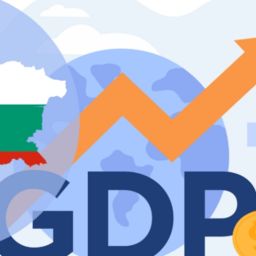
Bulgaria will replace the lev, established in 1878, with the euro from January 1, 2026, after the EU confirmed Bulgaria’s membership of the single currency area.
The EU Economic and Financial Affairs Council, ECOFIN, on Tuesday confirmed Bulgaria as the 21st member of the euro area.
The country will replace the lev with the euro starting January 1, 2026, with the conversion rate set at 1.95583 lev per 1 euro.
Earlier the same day, with 531 votes in favour, 69 against and 79 abstentions, the 702-seated European Parliament approved the report on Bulgaria’s accession to the EU’s common currency.
“We did it!” Prime Minister Rossen Jeliazkov of GERB, the dominant force in local politics since 2008, wrote on X . “The government remains committed to a smooth and effective transition to the euro in the interest of all citizens,” Jeliazkov said, even though the centre-right party is currently in coalition with the pro-Russian Bulgarian Socialist Party and the nationalist There’s Such People, both of which have been sceptical of the conversion.
On June 4, The European Commission released a convergence report on Bulgaria’s readiness to adopt the single currency, confirming that it meets the criteria and can maintain economic stability and integrate into the eurozone’s economic framework.
Bulgaria has been expecting the development since it joined the European Union in 2007, an important chapter of the country’s often rocky transition period after the fall of the Communist regime in 1989. After experiencing inflation and economic woes through much of the 1990s, the lev was tied initially to the German mark in 1999, and subsequently, to the euro.
Bulgaria was accepted, along with Croatia, into the Exchange Rate Mechanism, ERM2, the euro zone’s “waiting room” in2020.
Although long-planned, the final stages of Bulgaria’s accepting the euro currency saw demonstrations against the move, fuelled mainly by nationalist and pro-Russia factions, citing inflation worries and loss of national identity; the lev dates back to1878, when Bulgaria gained partial independence from the Ottoman Empire.
On Tuesday, MEPs rejected a last-minute attempt by Rada Laykova of Bulgaria’s main pro-Russian far-right party, Vuzrazhdane, a member of the European Parliament’s Europe of Sovereign Nations group, to have the vote adjourned.
Earlier this summer, President Rumen Radev unsuccessfully tried to push for a referendum on the adoption. Protests are continuing in Sofia, however, at a smaller pace and with lower attendance.
Source: https://balkaninsight.com/















